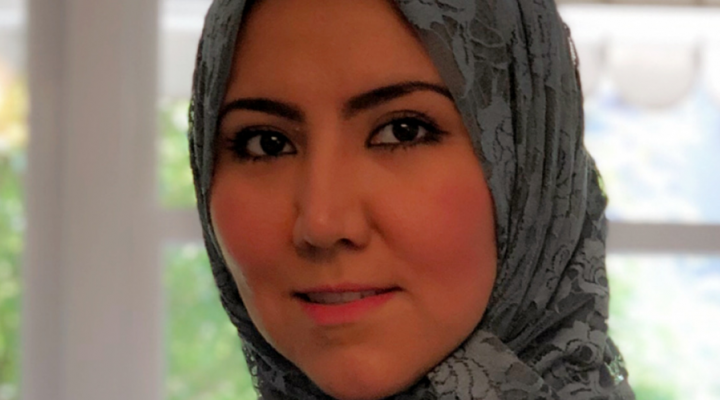
Cornell is a good school with great reputation and resources. After finishing my undergraduate degree in human biology, health & society, I wanted to gain more insights into the field of healthcare from a different angle – healthcare technology.

Our hands-on, one-year master of engineering (M.Eng.) program focuses on engineering practice and design and prepares students for a professional career in engineering or other problem-solving positions, or for further graduate study.
The Meinig School's M.Eng. program prepares students for professional practice in the Biomedical Engineering field. Students acquire a broad perspective of the biomedical engineering discipline that complements their undergraduate training in engineering or science and an in-depth knowledge of an essential professional leadership in biomedical engineering. Graduates will be equipped to design biomedical devices and develop therapeutic strategies within the bounds of health care economics, the needs of patients and physicians, the medical device regulatory environment and the ethical standards of biomedical engineering practice.
We train professional engineers capable of:
Students enter the program with many different strengths and backgrounds and they will pursue many different potential career pathways. With that in mind, we have devised a curriculum that is rich and flexible while providing a well-defined and bounded process.
Independently of our student’s career goals, we have a few concurrent objectives:
For selected students there is also the opportunity to pursue both M.Eng. and MBA degrees in a combined program.

Cornell is a good school with great reputation and resources. After finishing my undergraduate degree in human biology, health & society, I wanted to gain more insights into the field of healthcare from a different angle – healthcare technology.

"In the clinical preceptorship for biomedical engineers course, students learn essential health lessons and see the dynamics of a clinical environment first-hand." Read more about Bayan Alturkestani: Spotlight on the BME M.Eng. Clinical Preceptorship